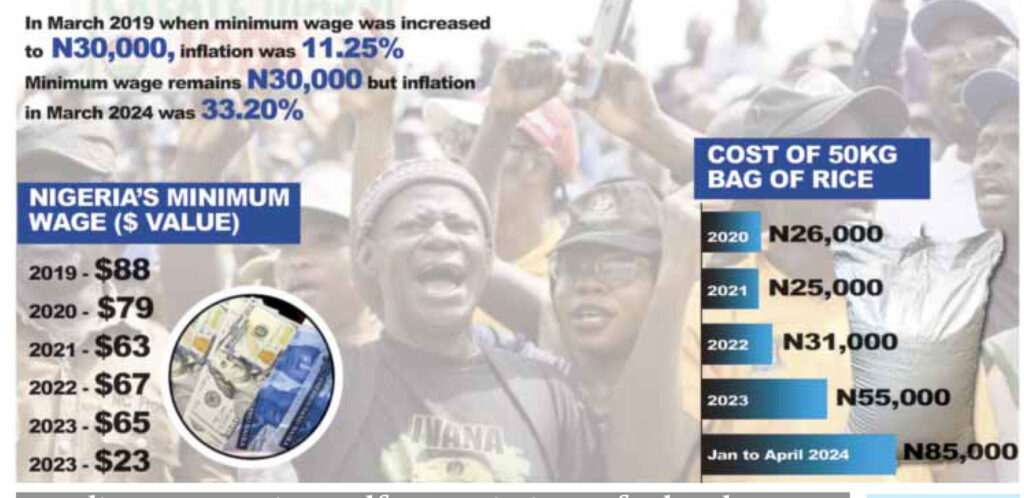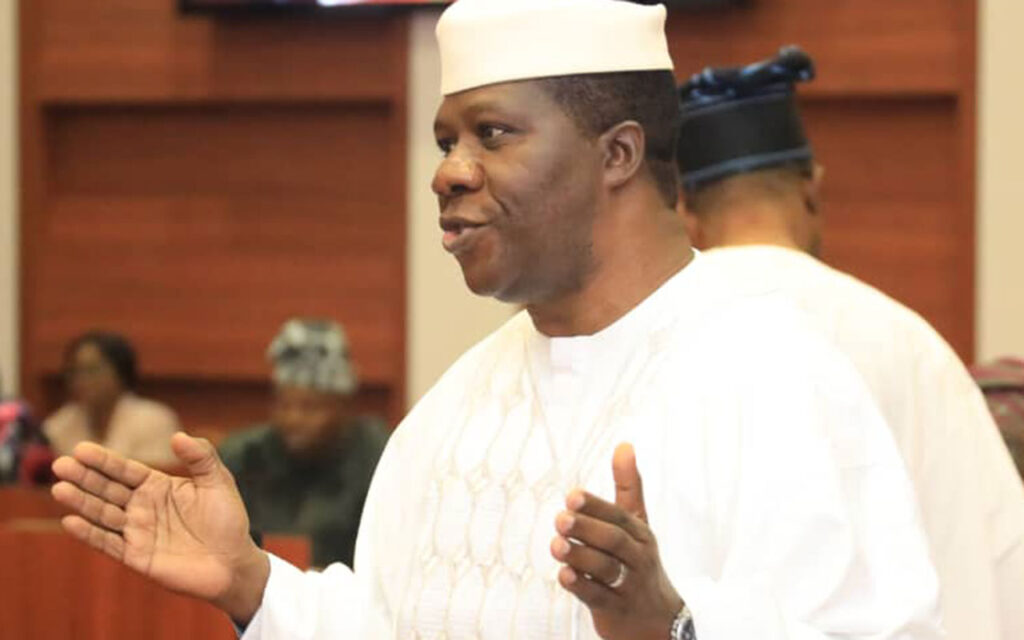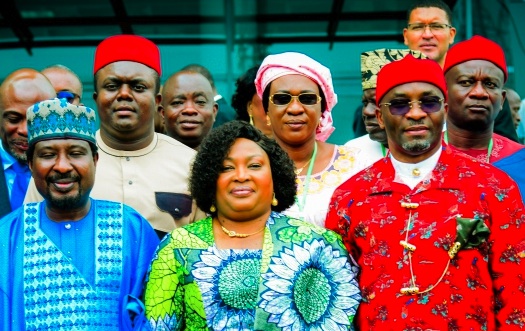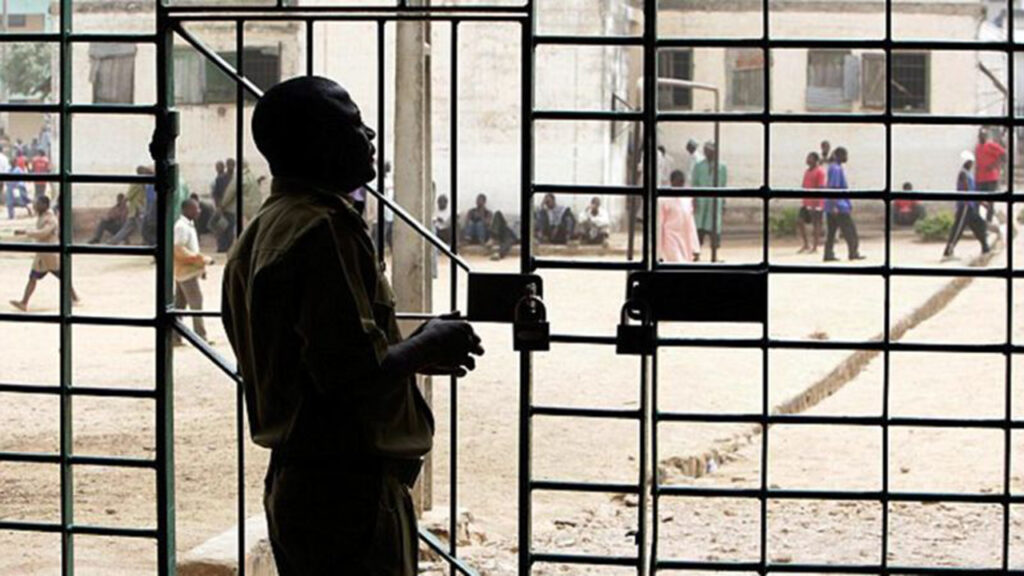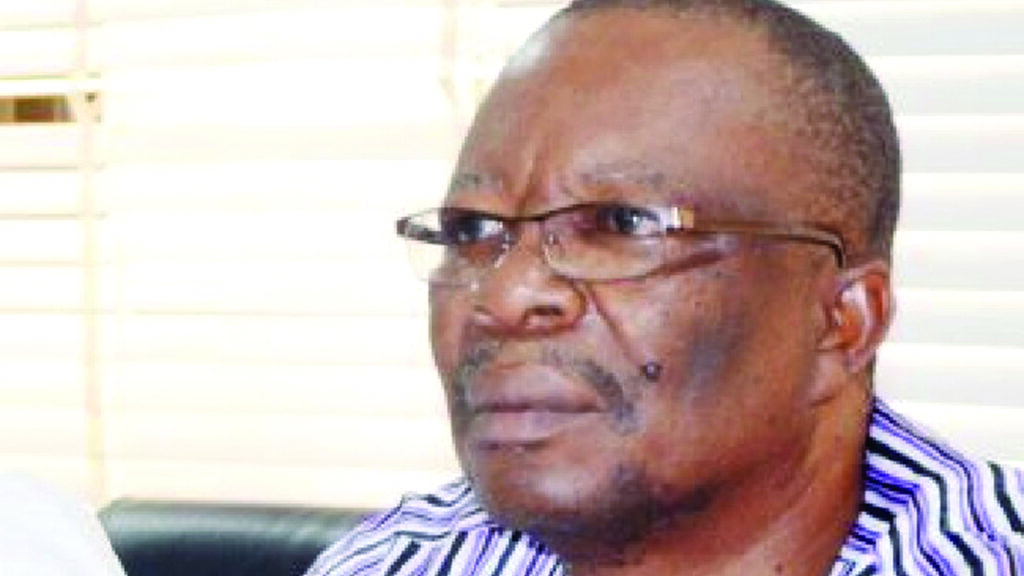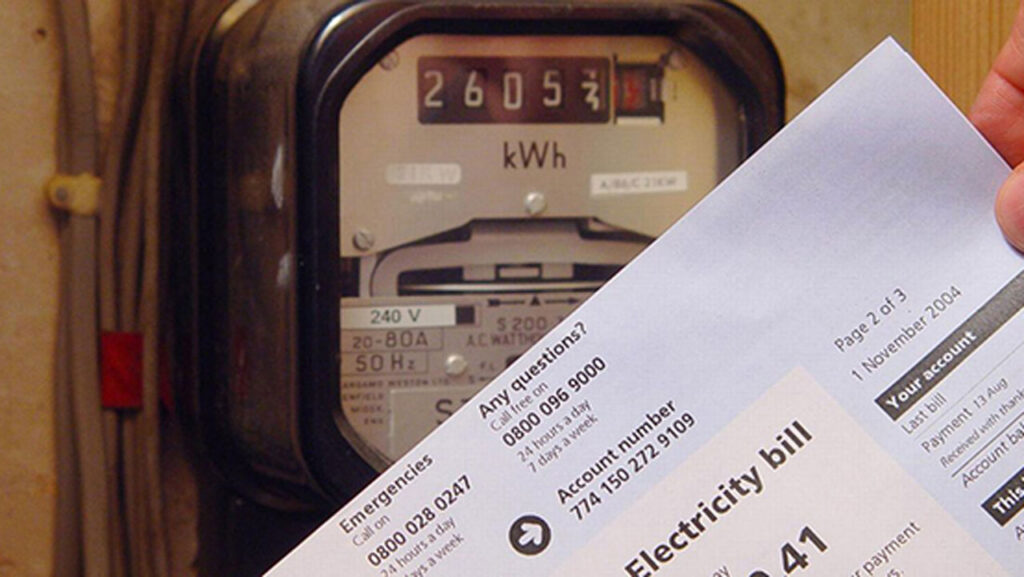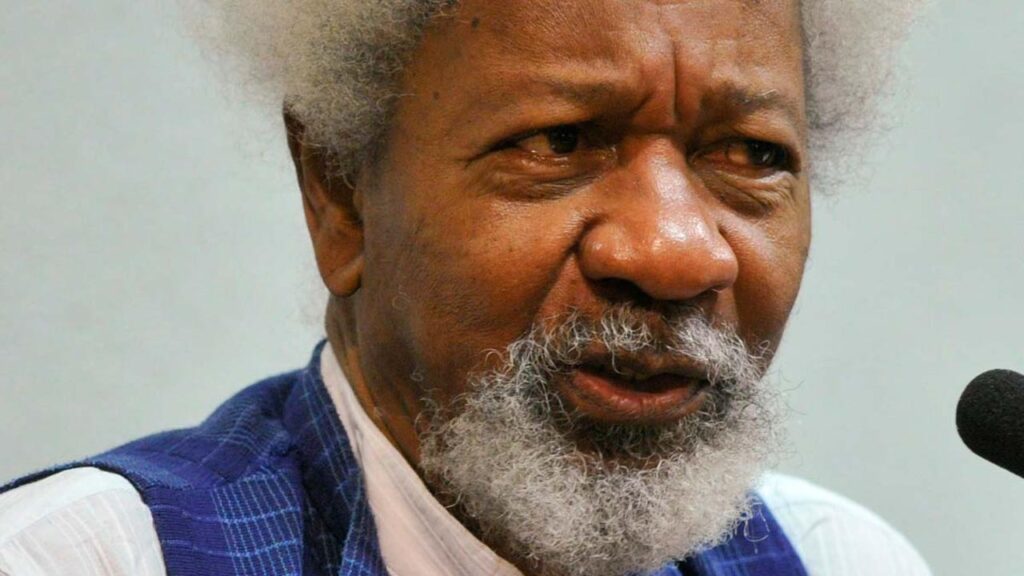 • ‘We were better off with N18,000 minimum wage’
• ‘We were better off with N18,000 minimum wage’
• Workers mark May Day amidst high food cost
• Time to put people first, workers tell Tinubu
Nigerian workers, hovering at about 50 million, have remained among the lowest earners in the world, as the monthly wage floor in Africa’s most populous country has fallen to $23 amidst the worsening cost of living crisis .
The continual depreciation of the naira has pushed Nigerians to the second lowest paid just behind Bangladesh where the minimum wage is $14.64 monthly.
This comes as the world marks International Workers’ Day, bringing to memories concern over the welfare of workers in Nigeria as well as the quality of the labour force amidst the economic hardship posed by the removal of subsidies on motor spirit and the liberalisation of the exchange rates.
In April 2019, when the present national minimum wage law came into effect, the exchange rate was N360 to the dollar. Going by this rate, the minimum wage was $88.33.
The National Bureau of Statistics (NBS) Consumer Price Index, which measures inflation, showed that as of March 2019, inflation was 11.25 per cent (year-on-year). Hence, workers have insisted that their condition of living was better between 2011 and 2018 when the minimum wage was N18,000 than today.
Also, comparing prices for food commodities during the period 2018 and April 2024, showed that a bag of rice (foreign) was N7,000 but now costs N70,000 while a bag of local rice that was sold at N12,000 now sells for N60,000.
As the naira fell against the dollar, rice soared to as high as N90,000 in Lagos between February and March 2024. Four kilograms of yellow and Ijebu garri in 2018 was less than N1,000 but now both sell for N3,500, a cup of beans at N50, now N1,400 and a tuber of yam that was N300 sells for about N3,000.
This is just as the data released by the NBS explained that the price of rice rose by 152.93 per cent in the past year.
The latest report on the selected food price watch for March 2024 showed that the average price of one kilogramme of local rice stood at N1,340.74.
This indicates a rise of 152.93 per cent on a year-on-year basis, from N530.08 recorded in March 2023.
The report also shows that the average price of one kilogramme of boneless beef increased by 73.78 per cent year-on-year from N2,479.61 in March 2023 to N4,309.16 in March 2024.
The price of other food items like beans rose by 106.78 per cent on a year-on-year basis from N596.96 in March 2023 to N1234.4 in March 2024.
The average price of one kilogramme of yam tuber rose by 141.25 per cent on a year-on-year basis from N443.02 in March 2023 to N1,068.78 in March 2024.
Indeed, inflation movements from 2011 to 2018 were between eight and 12.09 per cent.
Nigeria’s inflation rate from 2018 to March 2024 grew from 12.09 per cent to 33.2 per cent with a current unemployment rate of 5.8 per cent.
A breakdown shows that in 2019, it stood at 11.4 per cent with a yearly change of -0.70 per cent when compared to 2018, while in 2020, 2021 and 2022, it rose to 13.25 per cent, 16.95 per cent and 18.85 per cent respectively.
In 2023, when the current administration took over, inflation rose from 18.85 per cent in 2022 to 28.92 per cent in 2023, with increases on both core and non-core levels.
Currently, the inflation rate as of March 2024 is pegged at 33.2 per cent.
For instance, a worker whose monthly income was N70,000 in 2015 could comfortably purchase some commodities and still have little savings, but the reverse is the reality presently as the value of income has continued to dwindle.
Experts think that low wage is a major factor contributing to poverty in the country because when workers earn low wages, they struggle to meet their basic needs, leading to a cycle of poverty.
Low wages also limit the purchasing power of workers, which can result in reduced consumer spending. When individuals have less disposable income, they are less likely to spend on goods and services, impacting businesses and overall economic growth.
A retired investment banker, Ande Mohammed, insisted that there is a nexus between low purchasing power and high inflation figures, adding: “Persistent inflationary pressures in Nigeria is eroding the purchasing power of consumers, as prices of goods and services rise faster than income levels. Inflation reduces the value of money, making it more expensive for consumers to buy the same quantity of goods, thereby reducing their purchasing power.”
Again, he argued that the devaluation of naira added another jeopardy to the situation adding that this is evident in the rise of basic food items such as garri, beans and rice.
On how to address weak purchasing power in Nigeria, Mohammed explained: “Addressing weak purchasing power in Nigeria requires a comprehensive approach that focuses on increasing income levels, controlling inflation, stabilising the exchange rate, promoting economic growth, creating job opportunities, and enhancing financial inclusion. Policies aimed at boosting consumer purchasing power can help stimulate domestic demand, support economic recovery, and improve the overall welfare of the population.”
This comes as the negotiations for a new minimum wage floor slows amid rising pressure on earnings. As of last week, The Guardian gathered that the secretariat of the wage committee is still collating figures that were harvested during the zonal engagements.
For now, there is nothing to show that a new wage is possible on the May Day celebrations that get underway today. There are indications that President Bola Tinubu may not attend as he is away in Saudi Arabia for the World Economic Forum. Therefore, Vice President, Kashim Shettima or the Secretary to the Government of the Federation (SGF), George Akume may represent the President.
While speaking at the end of the National Executive Council (NEC) of the Trade Union Congress (TUC) in Abuja, the President of the trade centre, Festus Osifo, explained that the process involved in arriving at a new minimum wage has not been completed, thereby foreclosing the possibility of President Bola Tinubu announcing a new wage during the May Day celebration that takes place today in Abuja and the 36 state capitals.
Accordingly, the announcement of N70,000 as the new minimum wage for Edo state workers by the governor of the state, Godwin Obaseki, could be said to be a ‘wage award’ as there was no negotiation that led to the N70,000 figure.
Today, there may be no new songs for public servants.
Despite the challenging times, workers have continued to appeal to political leaders to improve their welfare as the cost of living soars.
They said there was nothing to celebrate about their big day except their resilience as Nigerian workers, stating that the policies of the Federal Government have left them impoverished and disoriented.
Tinubu had, at last year’s May Day, as President-elect, promised to fight for workers and improve their living conditions, but almost one year down the line, organised labour has called its members out on four occasions calling for improved working conditions and increment in pay.
Workers have scored the present administration low on workers’ welfare as employees battle acute hunger caused by the devaluation of the naira and the removal of the petrol subsidy.
The President of the Nigeria Labour Congress (NLC), Joe Ajaero, and his Trade Union Congress of Nigeria (TUC) counterpart, Festus Osifo, who will speak on this year’s theme ‘People First’, said it was a reminder of the need to promote fair and just working conditions, including decent wages, job security, and access to basic amenities such as healthcare and education.
The duo said the theme also highlights the importance of addressing the widening income inequality gap in Nigeria and the urgent need for policies that promote socio-economic justice.
President of Chemical and Non-Metallic Products Senior Staff Association of Nigeria (CANMPSSAN), Segun David, in a solidarity message said that despite the change mantra and inception of the administration of Tinubu, Nigerian workers have been bedeviled with challenges arising from abrupt fuel subsidy removal, without proper cushion effects put in place to ameliorate the inevitable rise in the cost of transport and services.
He said as the workers were struggling with the reality of meagre income amidst urging the government to make palliatives available while a new minimum wage is put in place, the central bank came up with a policy to float the Naira and foreign exchange rates.
Naira, he said, experienced unprecedented massive devaluation as it slumped at an alarming rate, which has led to serious inflation and high cost of living, which ultimately impoverished a larger section of Nigerian workers, making essential commodities and basic foodstuff expensive beyond range.
Noting that the present minimum wage cannot buy a half bag of rice, he lamented that with an average Nigerian worker that has up to 10 dependents, if the immediate and extended families are put into consideration, the renewed hope is fast becoming a lost hope if urgent policies and programmes are not introduced to mitigate the situation.
He maintained that for companies in the chemical sector as well as manufacturing companies, the difficulty in procuring dollars to import raw materials impairs their operation.
While acknowledging the efforts of the CBN to boost the exchange rate, he charged the apex bank to focus more on the reduction of inflation and costs of food items.
President of the Association of Senior Staff of Banks, Insurance and Financial Institutions (ASSBIFI), Olusoji Oluwole, challenged leaders and employers to reward and recognise deserving Nigerian workers.
Oluwole lamented that the last 12 months have been challenging to all Nigerian workers, saying “Workers continue to toil with nothing to show for their labour. The rising cost of living due to the devaluation of the Naira, without the conclusion of negotiations on the minimum wage, has led many to penury and in some cases, death,” he said.
Similarly, the TUC Chairman, Lagos State Council, Gbenga Ekundayo, at a pre-May Day symposium, organised by the TUC and NLC state councils, said the theme underscores the need for the government to prioritise the welfare of the citizenry.
According to him, in a society where the voice of the people is the bedrock of democracy, governance decisions must be made with a human-centred approach, ensuring that the needs, rights and dignity of every individual are upheld.
“As representatives of organised labour, it is our collective responsibility to advocate policies and practices that promote social justice, equitable distribution of resources, and inclusivity in decision-making processes. The theme serves as a poignant reminder that the essence of governance lies in its ability to serve the people and enhance their quality of life,” he said.

